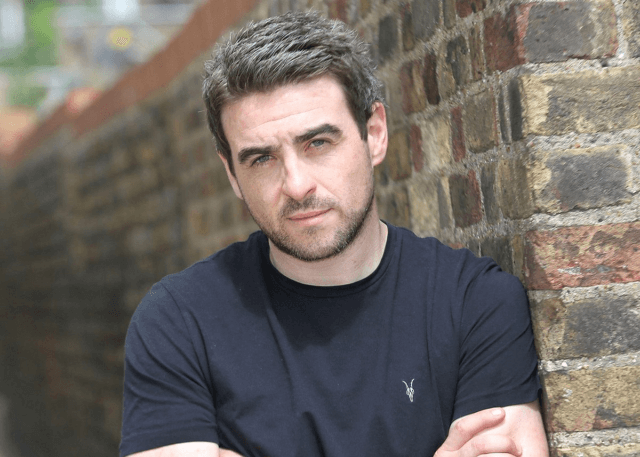
Broadcast journalism can be daunting if you are not used to speaking to camera, conducting interviews on the air or dealing with hostile guests. But it can also be an extremely rewarding career – and turn you into a household name.
This practical workshop, led by investigative journalist and experienced broadcaster Paul Connolly, examines the techniques required to take your presenting skills to the next level, leading to more polished and effective live reporting.
From managing difficult interviewees and handling technical problems to balancing personality with professionalism, the course covers a wide range of topics and offers tons of tips and tricks to take away.
The course is perfect for journalists wanting to break into broadcasting, or experienced on-air reporters looking to polish their techniques.
As with all Journalism.co.uk courses, the training will focus on the latest tools and techniques with an emphasis on practical, hands-on learning.
Preparation
No preparation is required.
We will cover
Advanced live and pre-recorded interview skills:
- How best to conduct short on-air interviews
- How best to conduct short on-air interviews with experts/contributors
- Hostile interview skills - how to handle evasive politicians, controversial figures and difficult contributors effectively
- How best to conduct longer, in-depth interviews for news.
Advanced breaking news skills:
- How to ad-lib and fill time whilst the production team build the story and feed it through
- How to stay calm whilst under that kind of pressure and broadcasting with very little information
- How best to conduct interviews you are not prepared for.
Advanced on-location live reporting:
- How best to prepare for, and write, a live report
- How best to deliver a live report
- How to handle a breakdown in communication with the studio
- How to handle interference from members of the public during a live broadcast
- How best to deliver a live report from a potentially dangerous location or the location of civil unrest/volatile protests.
How to recover quickly and effectively from a mistake:
- In live TV, we all make mistakes. But how strongly you recover from those mistakes will determine how successful a broadcaster you become. Here, we outline effective strategies for remaining calm and composed after making a trivial or potentially troublesome, even libellous, mistake on live or pre-recorded television.
Advanced presentation skills:
- Polished is good, but polish plus real personality is better. Here we advise on how to break down self-imposed barriers between newsreaders and the viewing public, allowing professionalism and personality to merge on air
- Using negativity - as a broadcast journalist, you may become the target of criticism. Here you will learn how to steel yourself against that kind of criticism - and turn it into a positive
- Self-analysis - we outline and explain (with the help of practical exercises) why constant self-analysis and self-improvement are key to becoming a trusted, even treasured broadcast journalist and a household name.
Legal compliance - libel and defamation:
- The dos and don’ts for broadcast journalists
- How to initiate immediate damage limitation should a guest libel an individual or organisation mid-broadcast.
Getting there
This is an online course taking place over two four-hour sessions on 23 and 24 January. Start and end times may vary due to scheduling.
About Paul Connolly

Paul Connolly is an investigative broadcast journalist, television and radio presenter and documentary maker with more than 15 years’ experience under his belt.
Best known for his work on crime and the daring undercover operations that have seen him infiltrate criminal gangs in cities and towns across Britain, Paul’s acclaimed documentaries have aired on Channel 5 (UK), ITV, Netflix, Facebook Watch, Discovery Channel, BBC Worldwide, BBC Radio 4, Nine Network in Australia, Virgin Media One in Ireland and on many networks besides.









